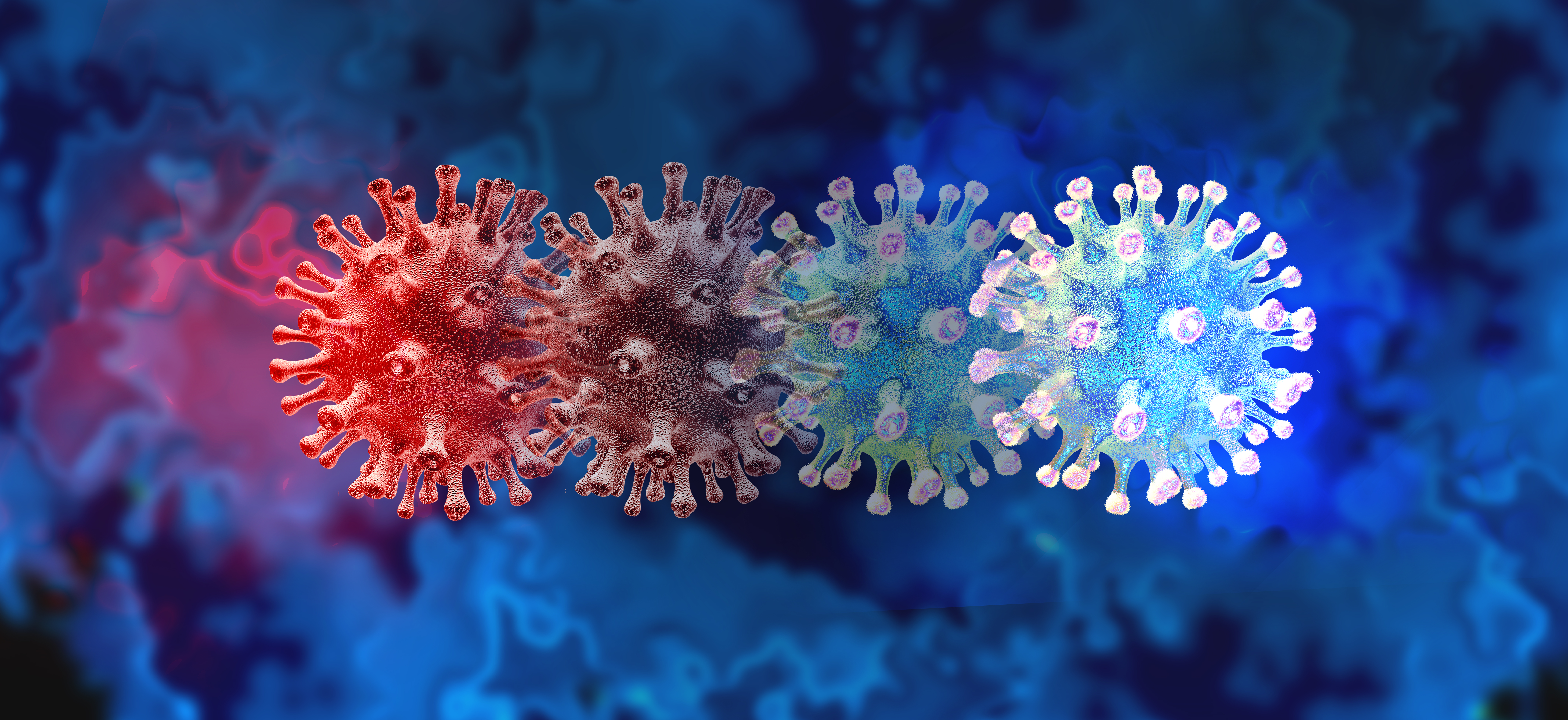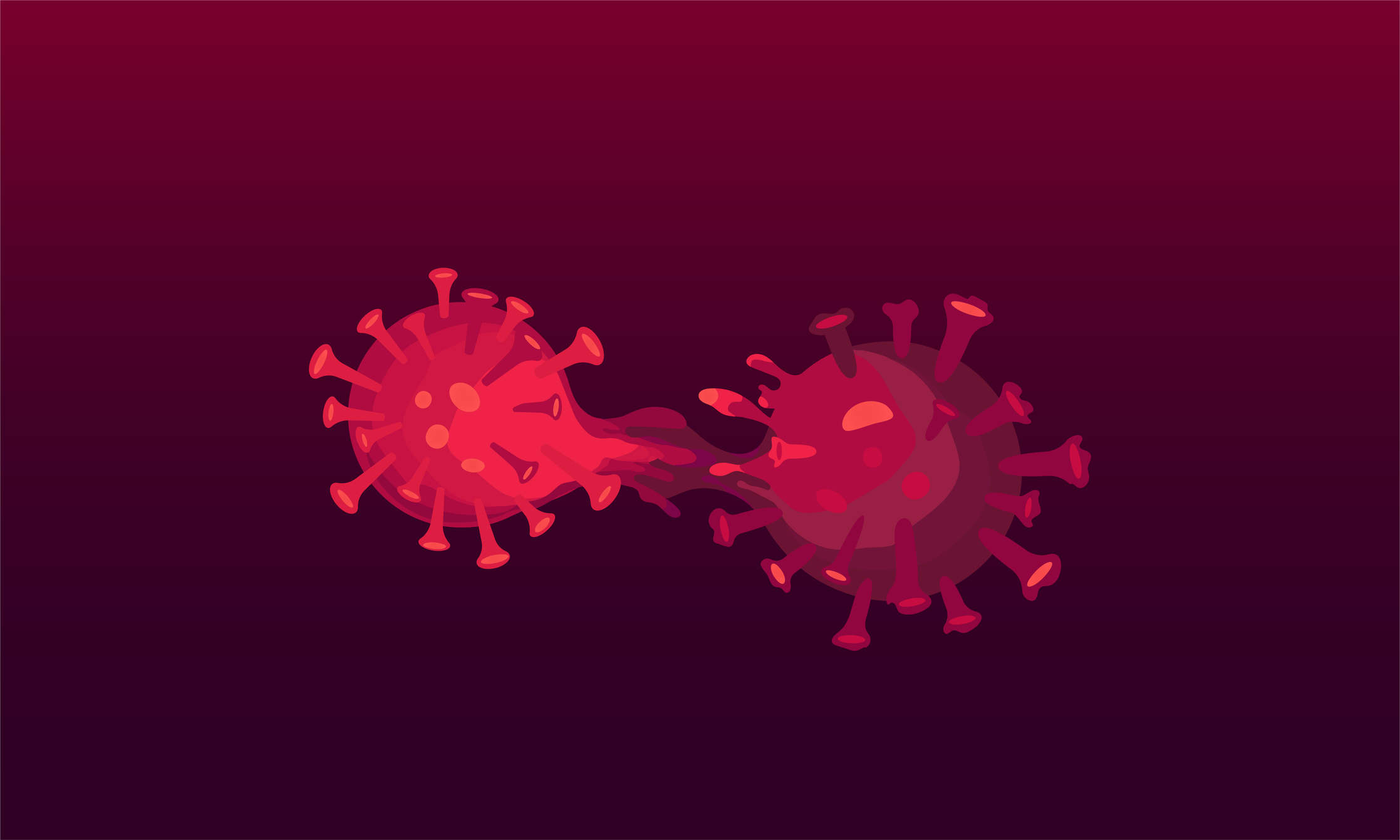A woman in her 20s who hasn't traveled was found to have the first confirmed case of the more contagious South African coronavirus variant in Massachusetts.
The variant of the virus, B.1.351, was found in a Middlesex County resident, the Massachusetts Department of Public Health said Tuesday, but where the woman contracted it remains unclear.
Coronavirus researchers at the Broad Institute working with state health officials confirmed the variant was present in Massachusetts through genetic sequencing, according to state health officials.
The first case in Massachusetts comes shortly after the variant was reported in Connecticut. The state's Department of Public Health said the patient is a Fairfield County resident between the ages of 60 and 70 who also had not traveled recently. The person is currently hospitalized out of state, health officials said.
Connecticut was notified of the diagnosis by health officials in New York.
Get Boston local news, weather forecasts, lifestyle and entertainment stories to your inbox. Sign up for NBC Boston’s newsletters.
"The best defense against a rapid rise in cases from variants of concern is to prevent the spread of COVID," the Massachusetts Department of Public Health said when announcing the variant.
Dr. Sabrina Assoumou, an infectious disease physician with Boston Medical Center, said the best thing people can do to protect themselves against all variants is to continue following safety measures such as social distancing, wearing masks and getting the vaccine when its available to you.
"As for the South African variant, the good news is that the vaccines that we have authorized in the U.S. also still work but they don't work as well so this is actually underscoring the importance of following public health measures and getting vaccinated as soon as possible," she said.
This variant, first detected in South Africa in October 2020, is known to travel quickly among people and is one of several variants being monitored in the state and across the United States. It was first identified in the U.S. last month, according to the Centers for Disease Control and Prevention.
Massachusetts has 34 known cases of the B.1.1.7 variant, first detected in the United Kingdom, and no cases of the P.1 variant first found in Brazil, state health officials said Tuesday.
"These variants seem to spread more easily and quickly than other variants, which may lead to more cases of COVID-19. An increase in the number of cases will put more strain on health care resources, lead to more hospitalizations, and potentially more deaths," the CDC's coronavirus variant page says.
Having trouble getting a coronavirus vaccine in Massachusetts? Submit a tip to our investigators here.
The vaccines now being rolled out in Massachusetts are thought to be effective in preventing serious disease from infections caused by the variants. But officials have cautioned that the increased transmissibility of the new variants may prompt the next wave of COVID-19 infections here -- the U.K. variant prompted new lockdown measures there.
"I'm hoping that over the course of the coming weeks and months we get as many vaccinations out as possible, because the variant is here," Dr. Jon Santiago, a state representative and Boston Medical Center doctor, told NBC10 Boston last week.
The CDC warned last week that the spread of more contagious variants may force it to revisit its guidance for how to reopen schools.
"If we get to a point where we are beyond the red zone here, really high levels of community spread related to the variants or related to just more transmission, we may need to revisit this again," said CDC Director Dr. Rochelle Walensky, who was previously chief of infectious diseases at Massachusetts General Hospital.



